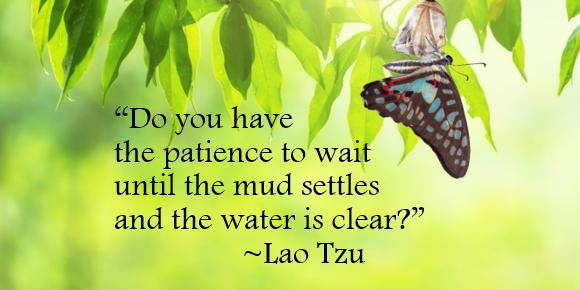
While many do believe both words are synonymous, both not only feel differently, but each also produces a different outcome. We have all employed both in different situations. What is important to note is the desired outcome you hope to achieve from a given interaction or situation.
Our lives are centered around relationships and how we interact with each other. Our approach is therefore pivotal. Likewise, how we deal with (react or respond) difficult situations is equally important.
So what is the difference between reacting and responding?
How often have you said something only to regret it later? Do you ask yourself what led to that reaction? Maybe it was during a conversation in which you felt the speaker was being critical of you. The situation triggered an emotional response – you became defensive, disappointed, annoyed, even angry. You stage a counterattack.
Your reaction is immediate, reciprocal or in opposition to a person or situation.
Reacting- is a spontaneous, emotional response. It is an immediate ‘answer back’ without any thought. It is grounded in our survival instinct without any time for deliberation, often influenced by past experiences and values. A positive outcome is seldom achieved.
What if you took THE TIME to respond?
Responding- takes more time and attention. It requires deliberate thinking, sound decision-making which then guides your emotions, being more aware of your feelings at the moment and deciding on the desired outcome before you act.
Take time to PAUSE, PROCESS, RESPOND.
Pausing allows you to be fully present in the moment, to be aware of your current situation.
Benefits of pausing:
-helps you to refocus
-provides opportunity to consider best choice of action
-allows you to manage stressful situations more effectively
During the pause, you have an opportunity to:
-breathe (take a deep breath)
-be more mindful of your thoughts and feelings
-reflect on what was said or done
-consider what your response will be – do you NEED to respond, and if yes, HOW will you respond? The goal is to choose a more favorable outcome for everyone involved.
You cannot control what others say or do, nor can you always control external situations, BUT you can control you.
You can control how you respond.
Practice the PAUSE. It will require practice...practice. In time, you will be more mindful of your responses, leading to more productive relationships, and more effective ways to cope.
“Do you have the patience to wait until the mud settles and the water is clear?”
~Lao Tzu